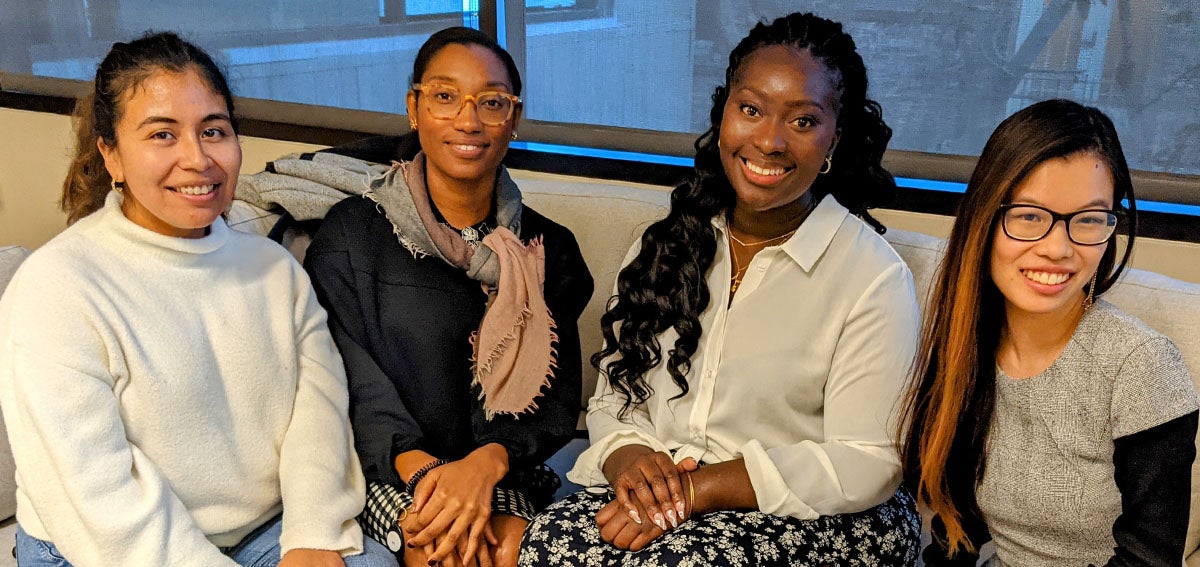View the Report
Jump to All Downloads & LinksKey takeaways
California is home to approximately 2.7 million adults with LEP, according to the California Health Interview Survey. They face significant health care challenges and disparities:
- Economic and insurance disparities. People with LEP are more likely to have lower incomes, be uninsured, or enrolled in public health insurance programs.
- Health status and discrimination. They often report fair or poor health status, experience discrimination within the health care system, and more likely identify as Latino/x.
- Communication barriers. People with LEP frequently have trouble understanding health care providers and are less likely to access telehealth services or have a usual place to go for care.
- Use of informal interpreters. Among people with LEP, 29% rely on family members or friends for help understanding their doctors, and 23% are unaware of their right to an interpreter.
California has a significant population with limited English proficiency (LEP), composing 25% of people with LEP in the US age five and older. This group typically has less access to health coverage and care, leading to poorer health outcomes, and these challenges are often compounded by systemic racism and discrimination.
This brief uses pooled data from the 2021 and 2022 California Health Interview Survey to provide a comprehensive overview of adults with LEP in California. The data highlight their demographic characteristics, access to care, health outcomes, and communication challenges with health care providers. The brief concludes with policy implications and areas for future research to better support this vulnerable population.
The research showed that on some measures, people with LEP fare the same or better than English-proficient Californians. For example, they are no more likely to have missed a doctor visit in the past year or to have trouble finding a doctor. They are also less likely to delay or go without needed care. These findings suggest a need for further research to fully understand the experiences and barriers faced by those with LEP.
Authors & Contributors

Lacey Hartman
Lacey Hartman is a senior research fellow at the State Health Access Data Assistance Center (SHADAC), where she leads a range of projects aimed at helping states use data to inform policy. Lacey previously worked as the research and policy director at Portico Healthnet and as a senior research economist in the Health Economics Program at the Minnesota Department of Health. She holds a bachelor’s in women’s studies and political science from Macalester College in St. Paul and a master’s degree in public policy from the University of Minnesota.





